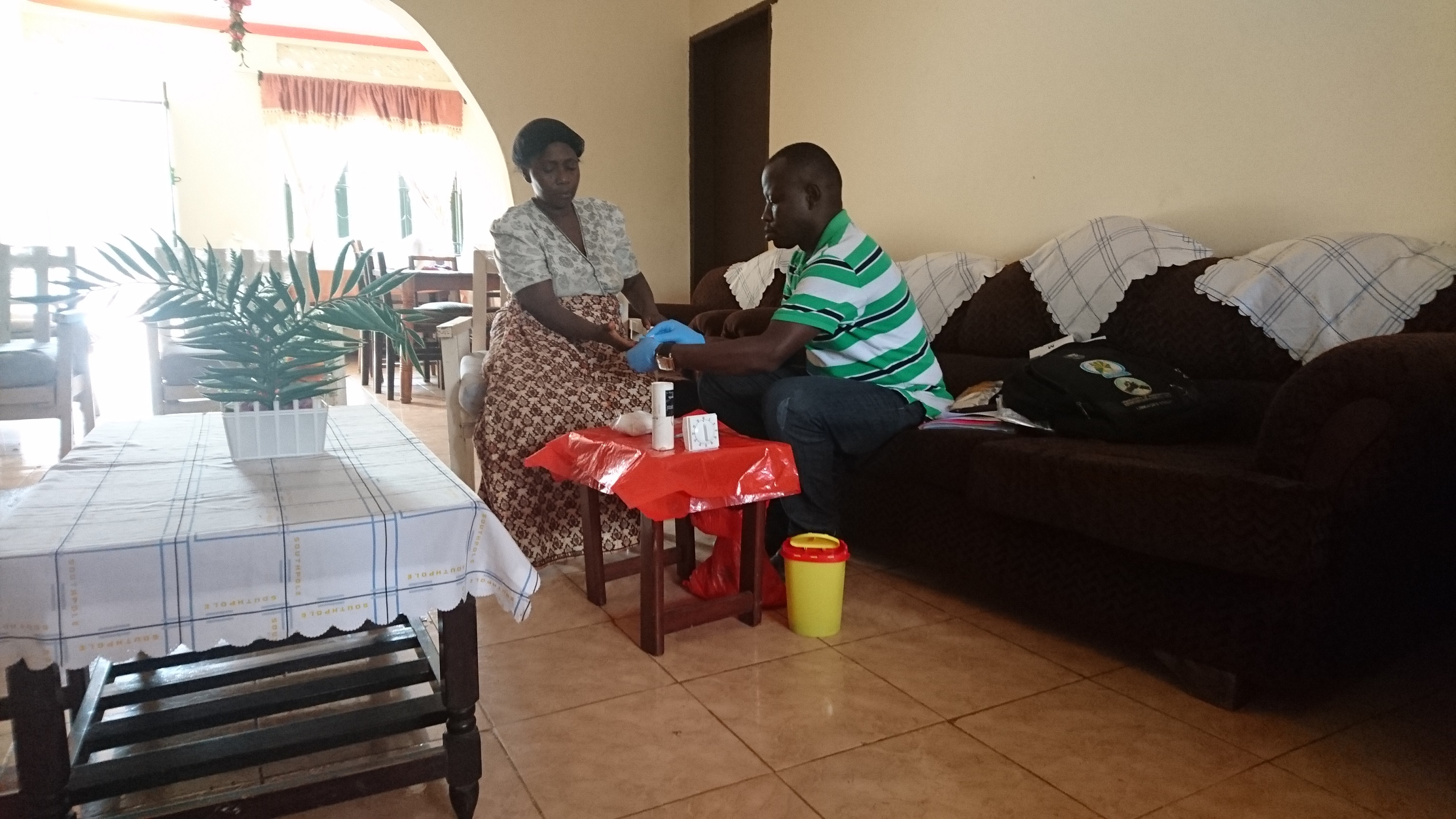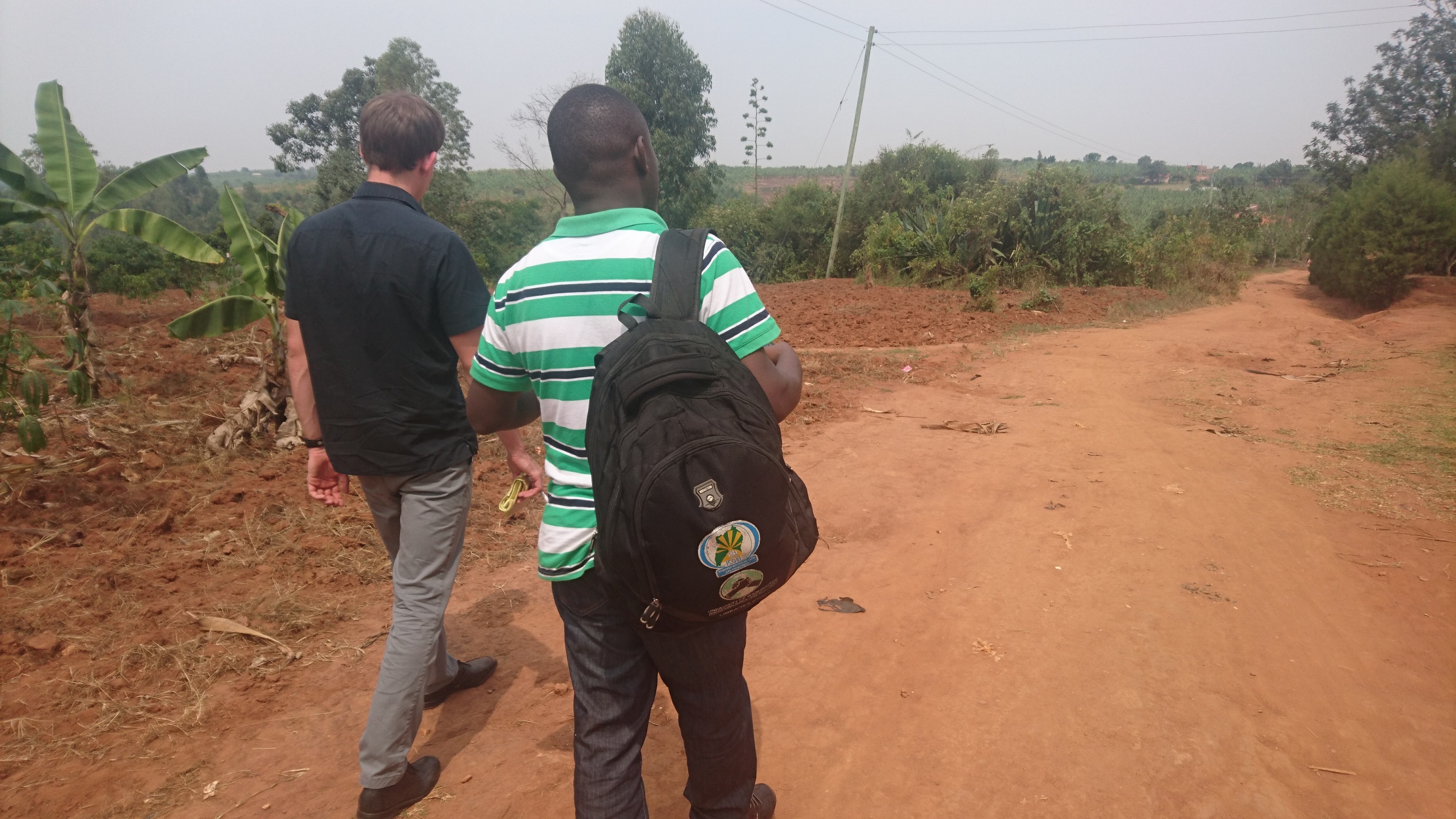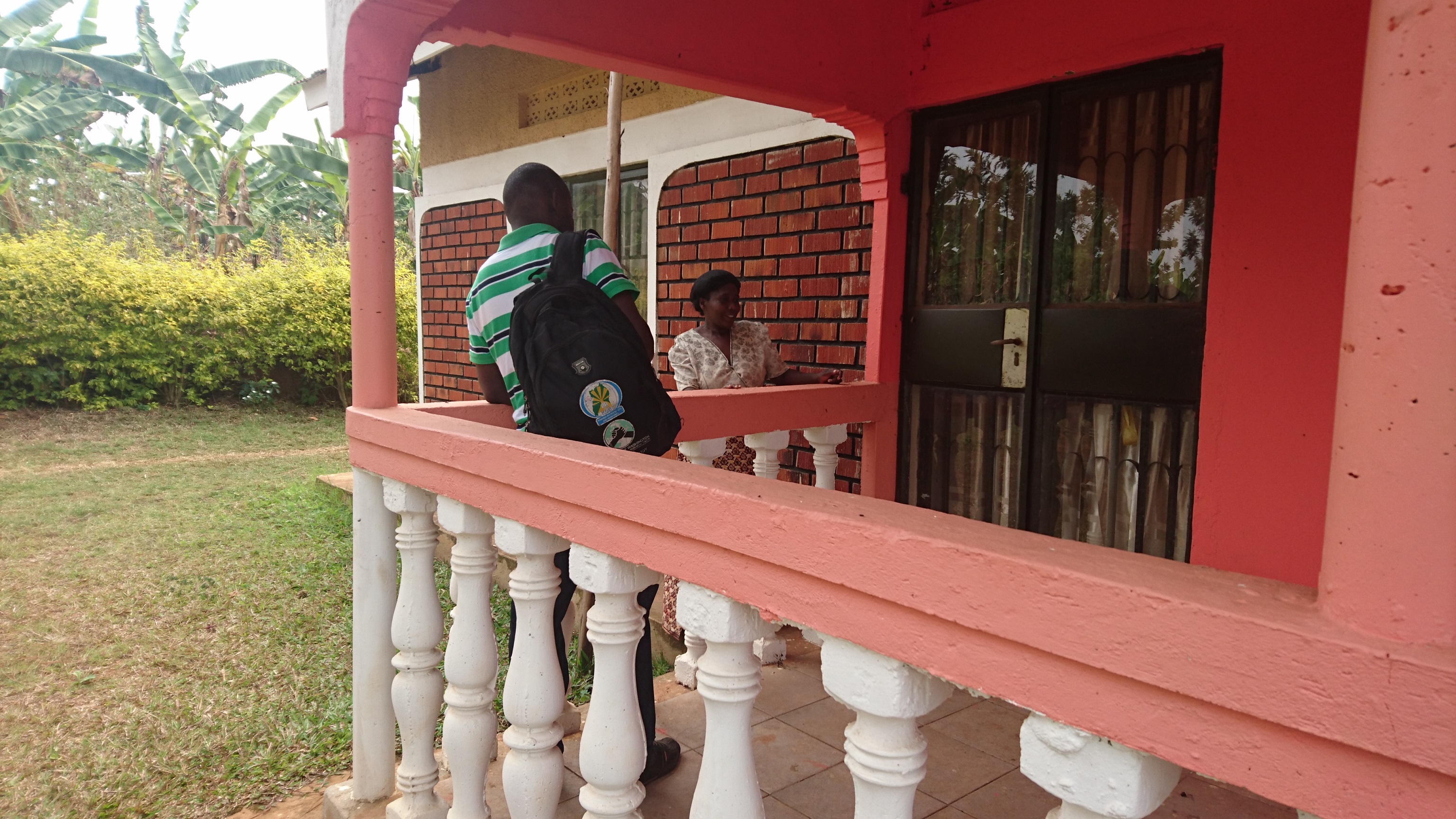Antiretroviral therapy (ART) has tremendous potential to prevent HIV-associated morbidity, mortality and transmission.1,2 With reliable ART supply and monitoring, the life expectancy of HIV-positive persons in southern Africa is comparable to that of HIV-negative persons.2 However, HIV-associated mortality continues to be high among HIV-positive persons not diagnosed and not engaged in care. Of the 35 million persons worldwide who meet WHO guidelines for ART, only 15 million are on ART.3 For already burdened health care systems faced with more than doubling of persons on ART, effective and efficient ART initiation and monitoring strategies are needed. First line ART regimens are once daily oral regimens and well-tolerated,4 which increases the simplicity of ART delivery in general, including community-based ART delivery a feasible alternative to clinic-based delivery. A priority for optimization of ART delivery is to directly compare and evaluate the impact and cost of community-based ART initiation and resupply to clinic delivery of ART in high prevalence settings in Africa, in order to expand capacity to provide ART coverage.
We have extensive experience with community-based strategies for HIV testing and linkage to care. In a series of studies, we have demonstrated that community-based HIV testing and counseling (HTC) results in >90% knowledge of serostatus and similarly high linkage rates for HIV-positive persons to HIV care.5-7 However, we observed bottlenecks within HIV clinics that resulted in delays in ART initiation, particularly for those with higher CD4 counts; only 59% of HIV-positive ART eligible persons were virally suppressed at 12 months, far below the UNAIDS target of 80%.3 Those findings suggest that community-based strategies for ART initiation and maintenance could address clinic inefficiencies and patient opportunity costs and barriers to optimize ART delivery.
South Africa and Uganda plan to provide decentralized services, including community health workers, CHWs, (known as community health extension workers, CHEWs, in Uganda) conducting HTC and linkage to care and local pharmacy pick-up locations for medication, to meet the challenge of scaling up ART. Our proposed Delivery Optimization for Antiretroviral Therapy (The DO ART Study) is a rigorous evaluation of an innovative, decentralized ART optimization strategy to safely and cost-effectively deliver ART and monitor viral suppression among HIV-positive persons in South Africa and Uganda. Using a prospective individually-randomized design, we will compare home ART initiation and local mobile van ART resupply to clinic centered care among HIV-positive persons in South Africa and Uganda. Following community sensitization, participants will be recruited through community-based HTC and HIV clinics. HIV-positive persons who are eligible for ART by national guidelines (currently CD4≤500 cells/μL) will be randomized
Primary Objectives:
1. Maximize, through community-based ART initiation and maintenance, the proportion of HIV-positive ART eligible persons who achieve viral suppression at 12 months
2. Minimize the cost per HIV-positive person achieving viral suppression and retention in the continuum of HIV care through community-based strategies compared to clinic standard of care





